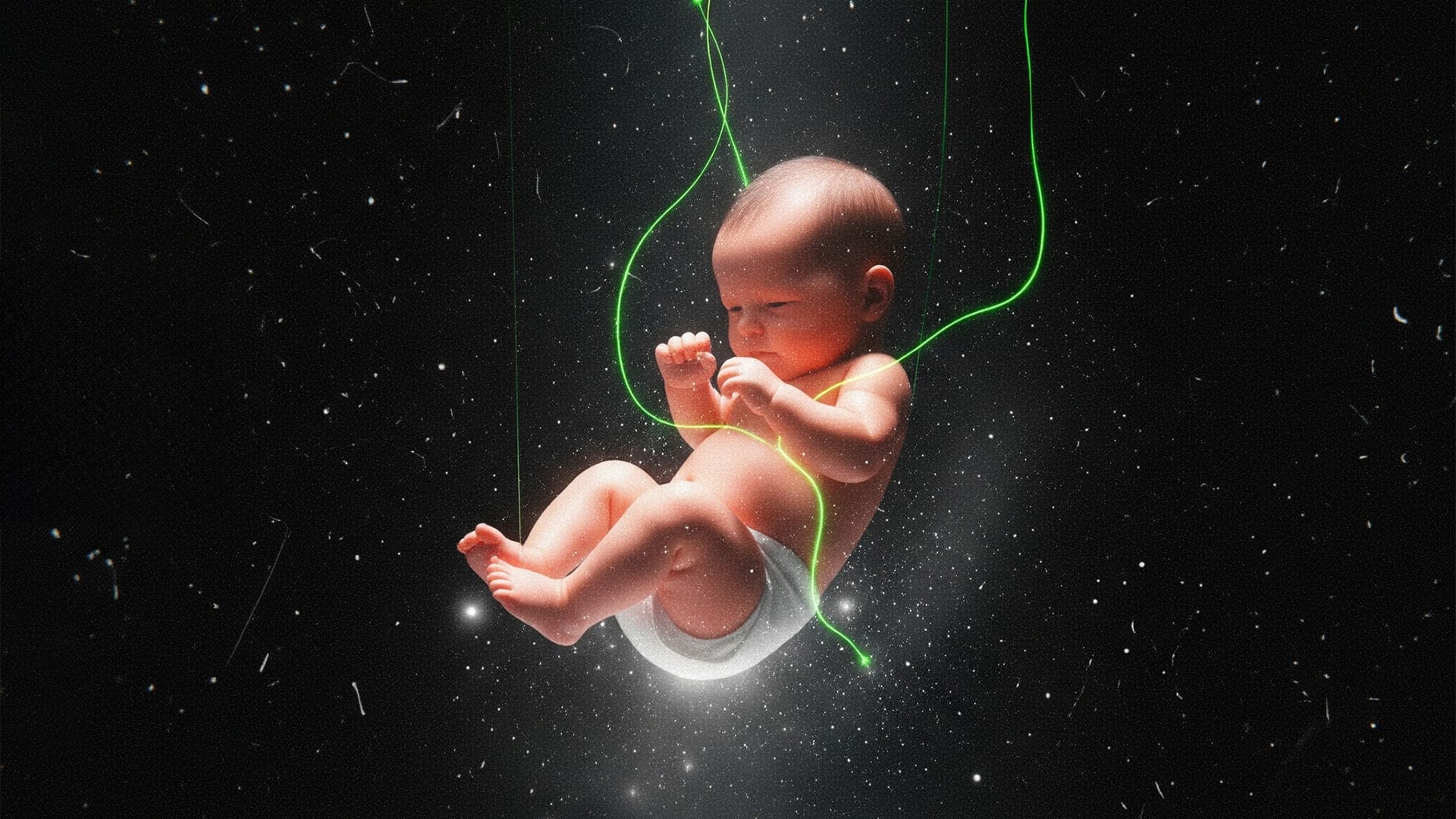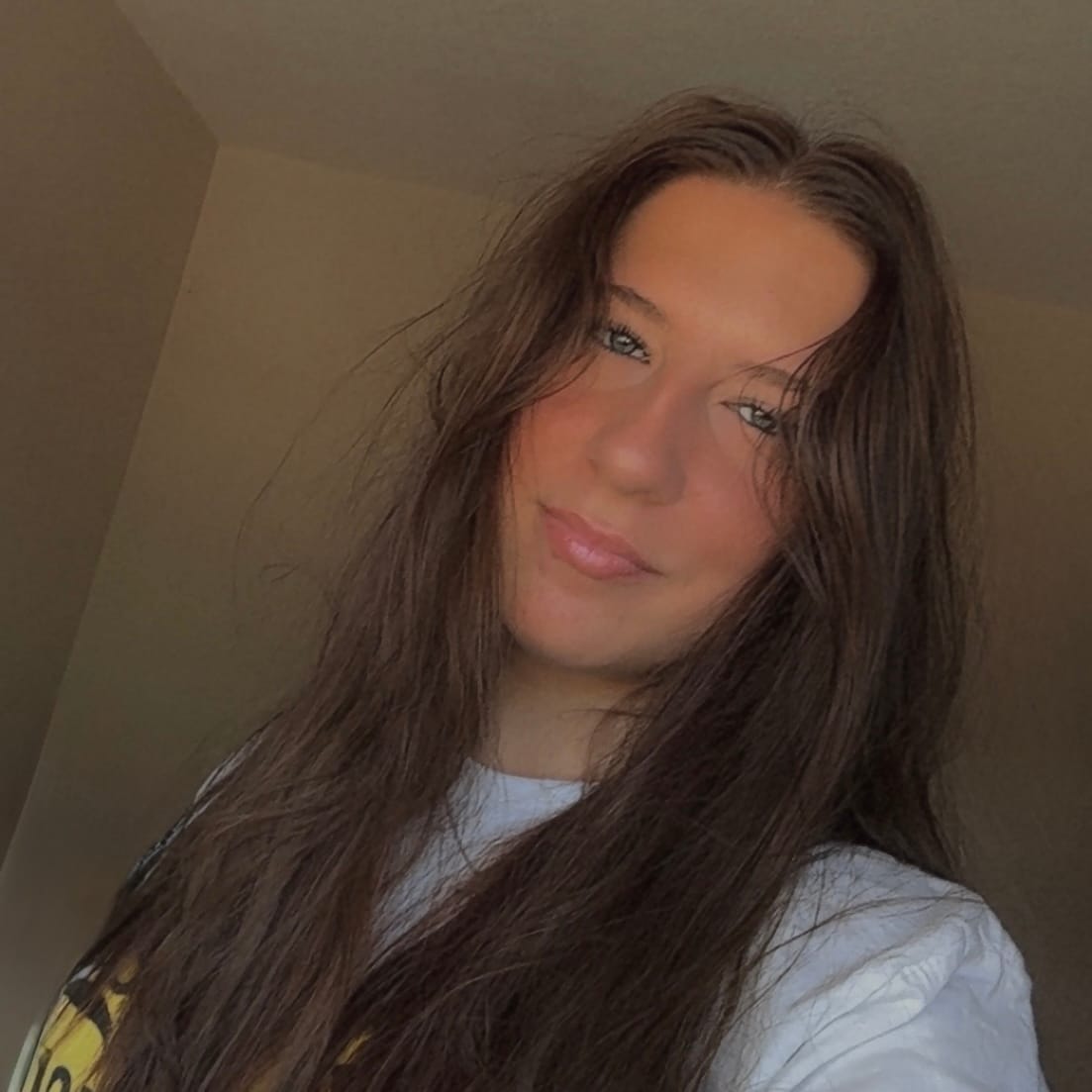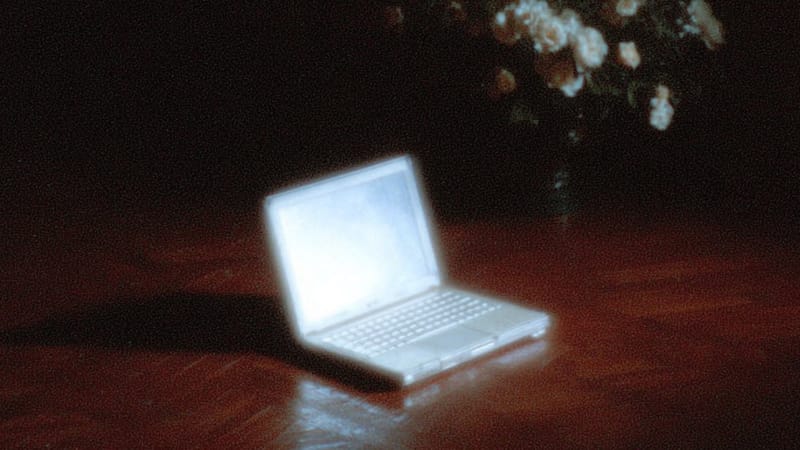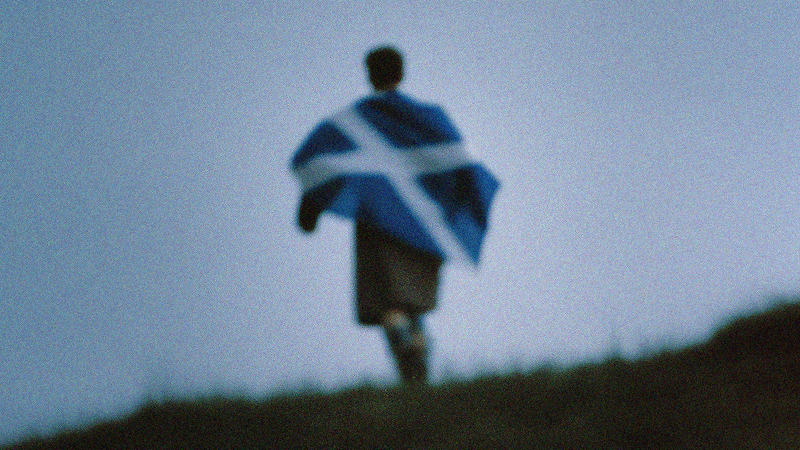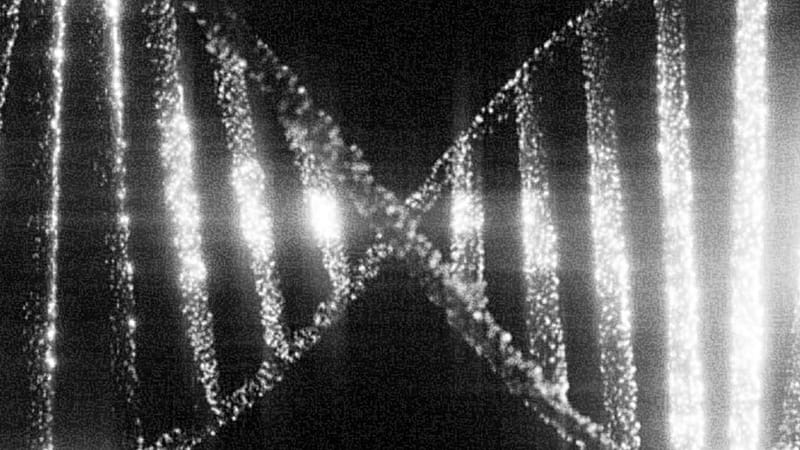What if we had protected life from the beginning?
As a society, we pride ourselves on compassion, justice, and care. Why, then, do we exclude the most vulnerable—unborn children?
What if we chose to be a nation that protects life from the very beginning?
As an 18-year-old, this issue is not abstract to me—it’s deeply personal. I
believe that ending a life is never the solution to hardship, even in the most
difficult and heartbreaking circumstances. Abortion does not erase trauma; it
often adds a deeper wound.
No trauma is truly healed by ending another human life. The phrase “my
body, my choice” falls short when two distinct bodies—and two lives—are
involved. A baby is not simply part of a woman’s body; it is a separate
individual with its own DNA, heartbeat, and right to life.
Planned Parenthood and similar organizations often frame abortion as
empowerment. But the reality many women face is more complicated. In
Texas, a whistleblower lawsuit resulted in Planned Parenthood Gulf Coast
paying $4.3 million to settle allegations of billing Medicaid for services that
were never provided. In Arizona, a former clinic director was awarded $3
million after exposing unsafe and unsanitary conditions, raising serious
concerns about the standard of care.
Globally, nearly 23,000 women die each year from unsafe abortions, and
millions more suffer complications. Even in countries where abortion is legal
and accessible, mental health consequences remain significant. Peer-reviewed
studies indicate women who have had abortions face elevated risks of
depression (up to 37%), anxiety (up to 34%), substance abuse, and suicidal
ideation—up to 6 times higher in some studies.
Many cite the Turnaway Study to argue abortion does not harm women. Yet
even that study found women denied abortions were more likely to
experience poverty, health challenges, and instability. These findings should
not be ignored—but neither should we treat abortion as a cure for systemic
issues. Termination does not solve poverty or emotional distress. In fact, 67%
of post-abortive women report feelings of pressure, regret, or emotional
conflict—many describing it as a decision they did not truly want to make.
As a society, we pride ourselves on compassion, justice, and care for the
vulnerable. Why then do we exclude the most vulnerable—unborn children—
from this protection? Across the U.S., thousands of pregnancy resource
centers provide real, life-affirming assistance: free ultrasounds, counseling,
diapers, housing referrals, and long-term support for mothers in crisis. Yet
organizations that perform abortions continue to receive taxpayer funding.
A few weeks ago, I wrote to a friend: “I cannot imagine ending a child’s life
brings healing.” I stand by that. Pain is real, but eliminating another human
being is not the path to peace.
This is not about judgment—it is about offering hope, dignity, and better
solutions. We can create a culture where women are not forced to choose
between their future and their child’s life. We can be a nation where both are
protected, valued, and supported.
Let us invest in mothers, not in ending life. Let us provide healing instead of
harm. Let us protect life—at every stage, from the first heartbeat to the last
breath.


